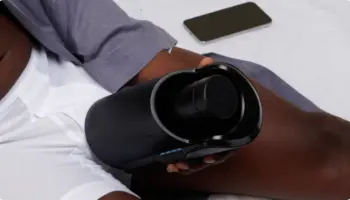Remember that sex education is often a part-time job or something that people do as part of other similar work. For example, you might be a director of community health education and have sexual health be an area you specialize in. You might be a nurse who takes extra courses in sexual health and who works in a public health department. You could teach health and sexuality as a classroom teacher or at a college. Some people have gotten enough exposure and work to only teach and write about sex ed and pay all their bills, but those are few and far between.
The other thing to be mindful of is how many people go out and call themselves sex educators without any formal training. While many people can talk about their personal experiences, without formal education in anatomy, physiology, cultural competency, and personal bias many well-intended folks end up spreading inaccurate if not dangerously wrong info.
Look into different kinds of degree programs that might interest you. If you already have a strong educational background in health education or a similar field your next step would be to explore the highest level of certification through The American Association of Sexuality Educators Counselors and Therapists. Through that process, you will be introduced to some of the other complementary organizations in the field of sexology, such as Society for the Scientific Study of Sexuality and The World Association for Sexual Health.
It is tempting to create short cuts and not jump through all the hoops of certification, but I promise you it is important to both your personal practice and to the field as a whole. Best of luck on your journey!

















